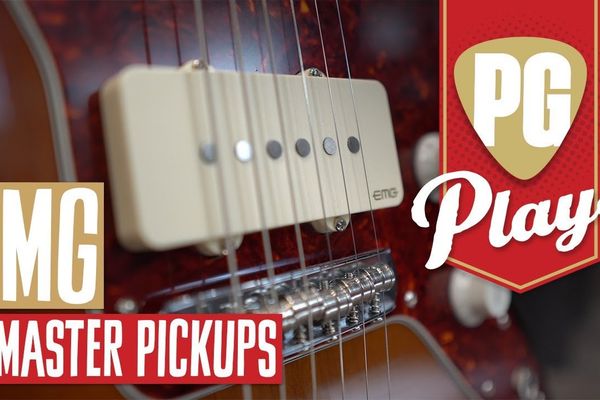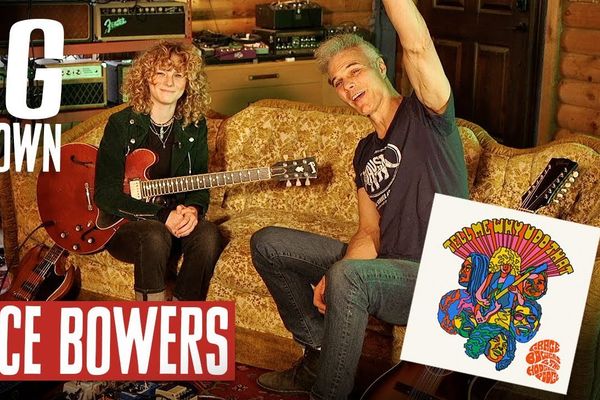In my youth, the legendary John Hartford (“Gentle on My Mind”) gave me a magical piece of advice that I have embraced ever since. “If you want to be taken seriously in this business, write and perform your own music.”
In my youth, the legendary John Hartford (“Gentle on My Mind”) gave me a magical piece of advice that I have embraced ever since. “If you want to be taken seriously in this business, write and perform your own music.” He went on to explain, in words I don’t exactly remember but took to heart none-the-less, that anybody can be a jukebox and do okay on a local level, but if you really want to be successful in the longhaul, write the songs that become the hits that jukeboxes play.
I’ve never had a “Gentle On My Mind” level hit – how many people have? – but I have had my songs covered and recorded by other artists, played substantially on the radio all over the world, and used in television shows and movies, and that’s a wonderful feeling. The idea that I can make money from the comfort of my studio, or while I’m sitting on my couch playing my favorite axe, just about makes me giggle for sheer joy.
A lot of professional musicians have been recently lamenting the dearth of decent gigs all across the U.S., about great music scenes drying up, and about the pay cut most performing musicians have taken over the years. Others have complained about the overwhelming availability of free music on the Internet, making their CD sales take a major plunge. With so many artists giving their music away for free, how do you break through the noise and find ears that are going to love you?
I don’t claim to have all the answers, but the fact is the music business is broken, and we all have the opportunity to create something better. Where to start? With writing and performing your own music. Start by spending ten minutes a day, just writing. Lyrics, poetry, letters, e-mails, even “I don’t know what to write” over and over, if you have to. But spend a few minutes each day writing just to enjoy the feeling of creation. Ten minutes will fly by in a flash and you’ll find yourself spending more and more time blissfully scribbling, and your writing will get better every day. No kidding. It’s called “lubricating the machinery” (technical terminology, I know, but sometimes necessary) and it’s one of the most powerful and pro-active things a songwriter can do.
A lot of songwriters are on that quest for the Holy Grail of songs – the “Gentle on My Mind,” “Bridge Over Troubled Water” or “Yesterday” type that becomes an instant classic, makes the writer a zillionaire and changes the music world forever. As a songwriter, that’s one of the worthiest goals there is, but you need to be clear about what you want – do you want to write the next “Macarena,” or the next “Graceland?” Are you looking for a Britney Spears-type overnight catapult to quick mega-bucks, or are you looking for the longevity of somebody like James Taylor? I’m not saying either of those is better than the other – both are perfectly acceptable and valid goals for the music business, and I emphasize business because that’s what it all comes down to eventually.
No matter what you want to achieve, the best way to get there is to work on the craft, put in the time, make it a habit and do the work. It is hard work – until it becomes effortless. But it’s like any other discipline – if you want to compete in a Mr. Universe competition you’d better start lifting some weights, and expect it to take many months, if not years, for you to get there. If you want to dance with the New York Ballet Company, you’d better study your craft and practice your butt off. There is no difference; you have to learn it, study it, practice it, love it, hate it, and write a whole lot of bad songs followed by a whole lot of decent songs to get to the whole lot of good songs you have in you. Some call it paying dues, others call it woodshedding; I call it greenhousing – if you nurture your craft and let it grow and bloom without pressure, there’s no telling what you’ll create.
You don’t have to understand how all this works, or understand music theory, or be a great musician to write a great song, but you do need to understand what makes it work for you and develop the discipline to do the work. Hopefully this has given you some insight into your songwriting, and will inspire you to get to work on the next great hit. Keep on writing!
Gayla Drake Paul
Gayla Drake Paul has made major contributions to the fields of songwriting and guitar performance, and is widely considered one of the top acoustic guitarists today. Digitaldreamdoor.com recommends her guitar CD in the Top 10 Suggested Listening – Acoustic Guitar. She is also regarded as one of the finest songwriters of her generation.


